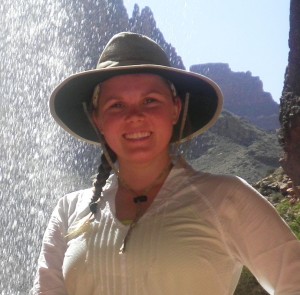Forensic Science
From the crime scene to the lab, justice and science unite.
As a Chemistry major concentration or a Forensic Science minor, you will learn the science behind crime. Through forensic principles, scientific methods, and the newest technology, students learn how to analyze the evidence and solve the crime.
“Physical evidence cannot be intimidated. It does not forget. It doesn’t get excited at the moment something is happening–like people do. It sits there and waits to be detected, preserved, evaluated, and explained.”— Herbert Leon MacDonnell, The Evidence Never Lies, 1984.
Your Courses
Mathematics, chemistry, and physics are combined with criminology, ciminalistics/forensics, and contemporary criminal law and procedures and brought to you by practiced, award-winning professionals.

Right from the Start
A Few of Your Career Options
Forensic Scientists work with law enforcement professionals of all kinds and in various settings:
- Police Force
- Medical examiner’s office
- Forensics Laboratory
- Hospital
- Independent Consultant
Active Learning Opportunities
- Analyze fingerprints and evidence at recreated scenes of actual crimes.
- Conduct chemistry and biology experiments and research
